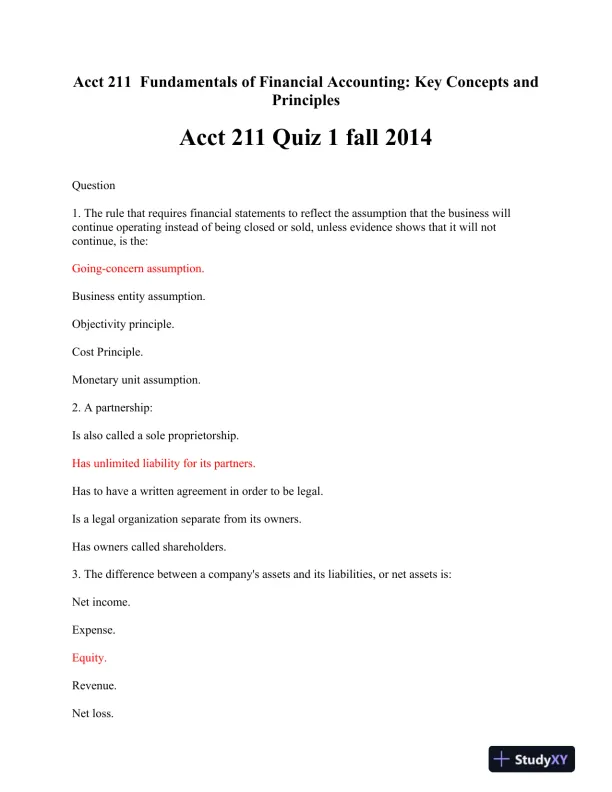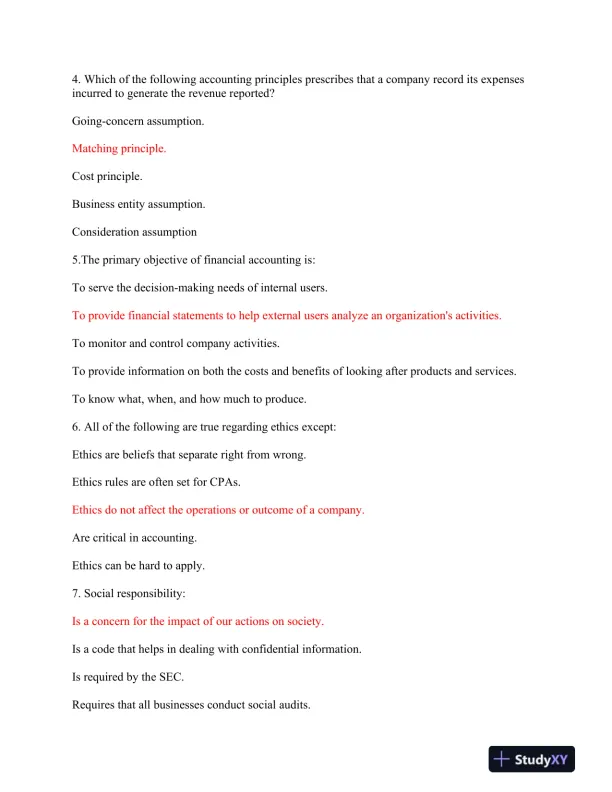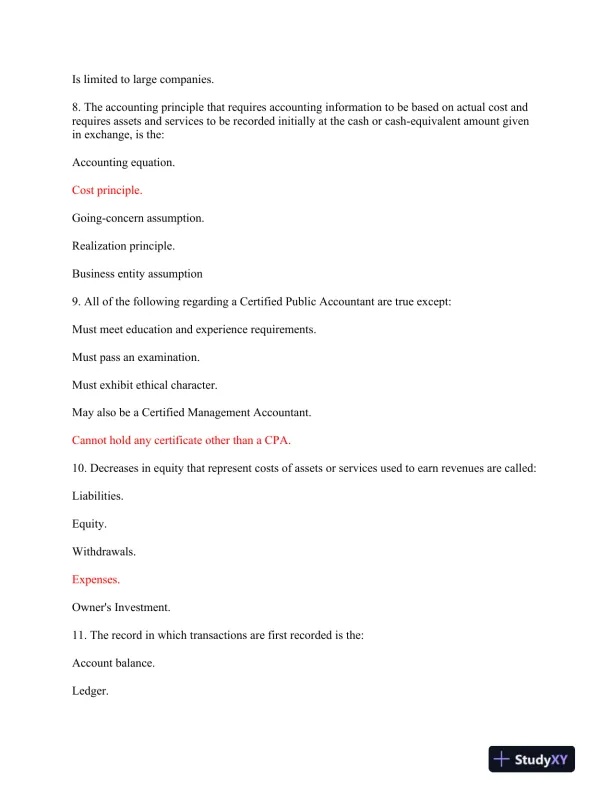Page 1

Loading page image...
Page 2

Loading page image...
Page 3

Loading page image...
Page 4

Loading page image...
An assignment covering key financial accounting concepts and principles for beginners.
Loading page image...
Loading page image...
Loading page image...
Loading page image...
This document has 10 pages. Sign in to access the full document!